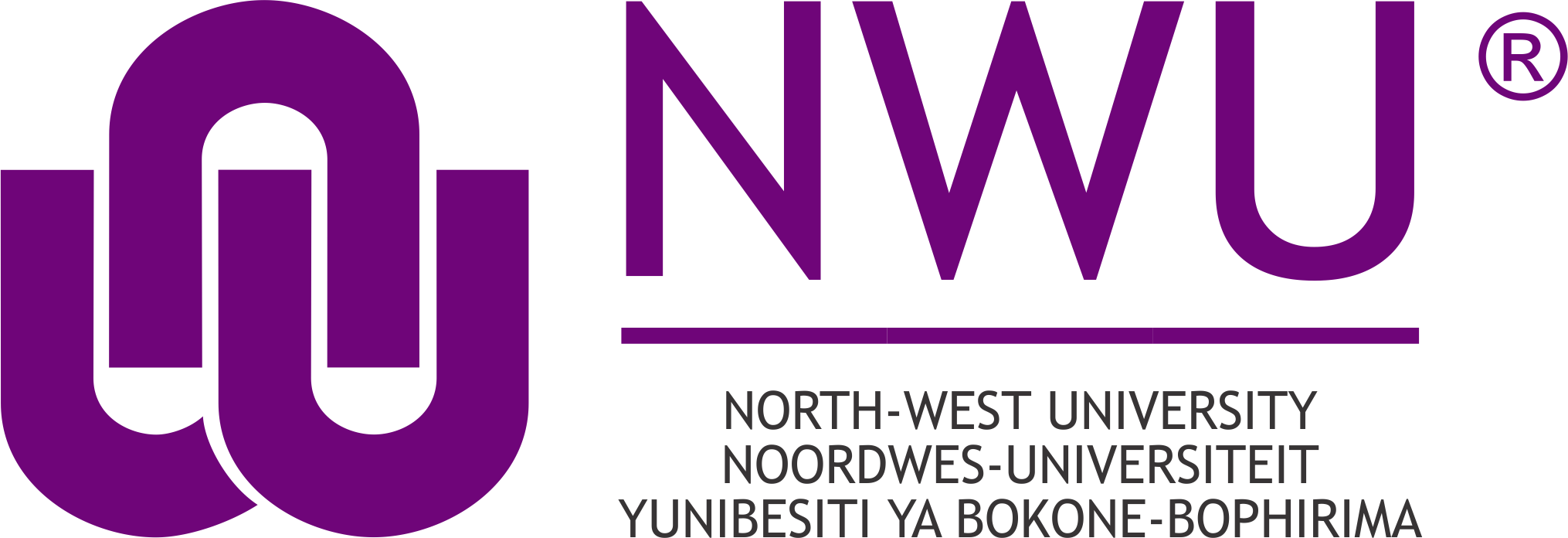NWU’s IKS Centre collaborates with Wits University to explore indigenous paleo-knowledge
The Indigenous Knowledge System (IKS) Centre of the North-West University (NWU) has partnered with Wits University to do palaeontology research along the Karoo Basin.
The IKS Centre team comprises Prof Simeon Materechera, a senior professor and research leader for the NWU team, and Otsile Maditsi, a lecturer at the centre. They are working with the Wits team to explore the indigenous knowledge associated with palaeontology.
The IKS Centre will focus on indigenous paleo-knowledge which consists of geomythology associated with palaeontology.
Maditsi says two fourth-year IKS students will also participate in this ground-breaking research, which is a first of its kind in IKS.
“Indigenous knowledge of paleo-sciences refers to a body of knowledge existing within or acquired by local people and passed through generations as geomythologies (eg, beliefs associated with geological formations or phenomena) and fossil-related folklore,” he explains.
“This project will be based on the notion that incorporating indigenous knowledge into mainstream scientific research will help generate new co-produced knowledge.”
Maditsi says surveys of indigenous knowledge in North America, Europe and Asia have demonstrated that knowledge of bone beds and fossil footprints has been traditionally passed on among communities, and that palaeontologists taking this into account discovered fossil-rich localities new to science.
“A recent literature review in which our team was involved shows that Africa too has a deep pre-colonial history of paleo-sciences. As such there is no doubt that, if applied to communities in the Karoo, this endeavour will unravel a diverse fossil-related folklore and rich geomythology.
“This indigenous paleo-knowledge needs to be documented and recorded for future generations, and as in other continents, will aid in the discovery of new fossil sites,” adds Maditsi.
He says an investigation of Karoo communities’ geomythology and fossil-related folklore will stimulate community engagement, and, by involving local authorities in this long-term collaborative research, will also help to develop paleo-tourism and ultimately create job opportunities in impoverished rural areas.
“Part of this project will be dedicated to document, save and promote indigenous knowledge. The exploratory phase of this project will be supplemented by a thorough investigation of local knowledge of fossil-bearing sites in the researched areas,” adds Maditsi.
“The fossil richness of the Karoo has been internationally recognised since the earliest days of the establishment of palaeontology as a science, and even earlier by indigenous people from pre-colonial cultures who collected some of these abundant and conspicuous bones long before their scientific interest was acknowledged by Western scientists.
“Pre-existing knowledge of the localities, folklore, stories and traditions linked to the fossils, and how this knowledge has been transmitted, will be recorded during interviews and by accessing archives. This will facilitate the location of further sites that have been overlooked, to enable communities to be credited for the discoveries made and to allow the sensible study of these fossils,” concludes Maditsi.
